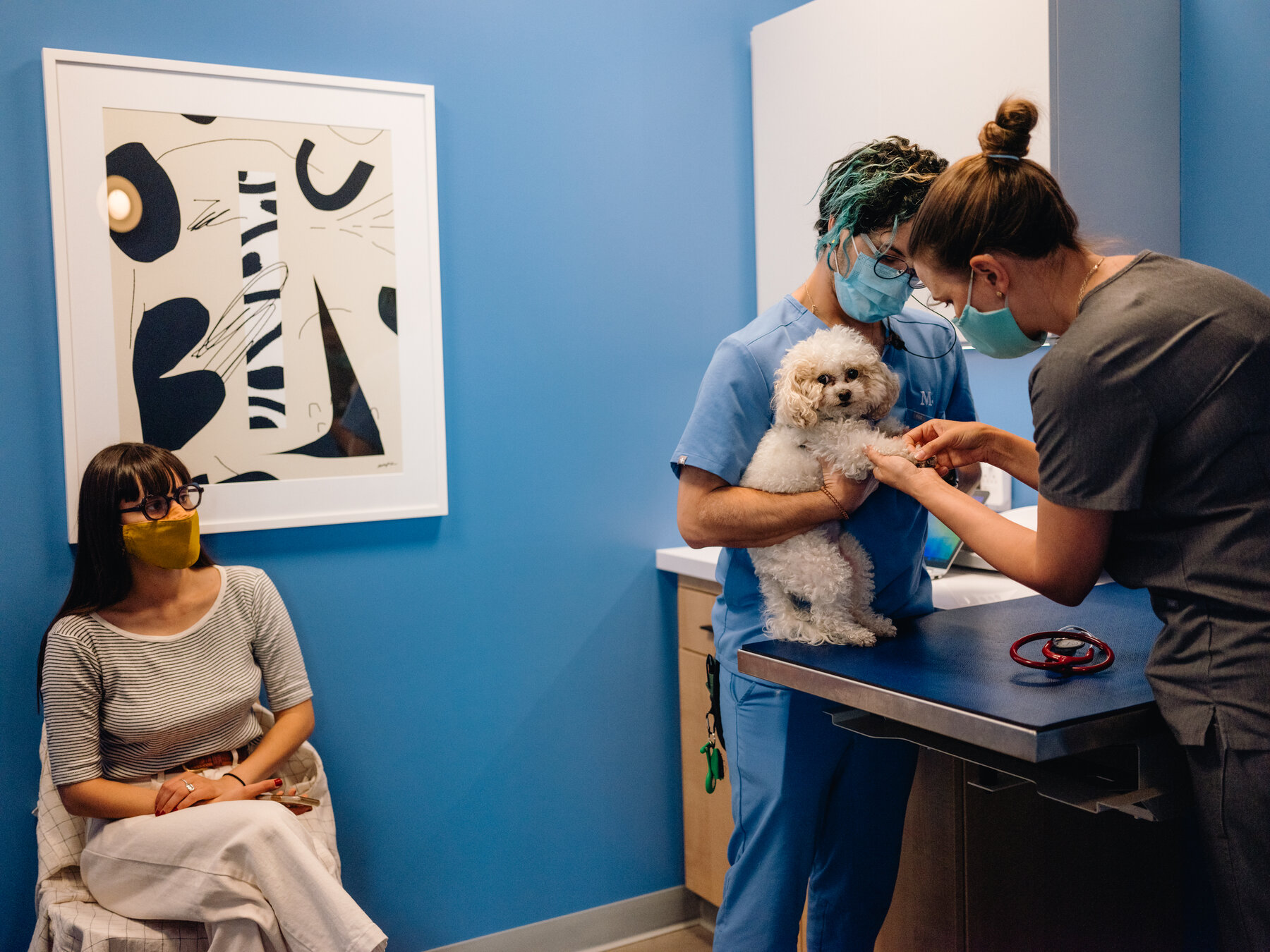A few years ago, nobody would have heard of Rarebreed Veterinary Partners, United Veterinary Care or Veritas Veterinary Partners — because they didn't exist.
Today, following blistering growth, the three companies own hundreds of veterinary practices in the United States between them, including dozens of specialty and emergency hospitals.
They are the latest movers and shakers in a profession in which ownership continues to become increasingly concentrated, though the rules of the game appear to be tilting slightly in favor of these fast-growing startups.
In recent months and years, and with rising vigor, competition regulators have started intervening in takeovers of specialty and emergency hospitals pitched by the two biggest fish in the pond: Mars Inc. and National Veterinary Associates. That's opening the door for smaller rivals to bid more competitively for veterinary hospitals and increase their market share.
"If the big boys can't be looming out there as a potential acquirer, then it may suppress the prices being offered for hospitals," said Tom Elliott, managing director of Boston-based investment bank Capstone Partners, which advises on takeovers in the veterinary realm.
Speculation, Elliott said, is mounting that antitrust regulators such as the U.S. Federal Trade Commission will turn their attention to deals involving general practices, too. In recent weeks, the FTC has expressed alarm about the rising power of private equity firms in the profession. Regulators in the United Kingdom, meanwhile, have this year blocked two takeover deals involving general-practice clinics attempted by large consolidators.
"For those of us who work in the world of mergers and acquisitions, antitrust is a real consideration now,” Elliott said, noting that the Democrat-controlled FTC has been intervening in various industries, including tech, energy, human health care and veterinary medicine.
One up-and-comer in the veterinary domain is Portland, Maine-based Rarebreed, which in June acquired another relatively small group, Vet's Best Friend, helping to grow its practice count to around 130. Rarebreed is backed by private equity firms Revelstoke Capital Partners, Triatlantic Capital Partners and Halle Capital, among other investors. It was founded in 2018 by Dan Espinal and Sean Miller, former corporate development and strategy executives at Idexx Laboratories Inc.
Chief executive of Rarebreed, Espinal previously helped ramp up a company's growth without attracting regulatory intervention: Idexx, his former employer, now dominates the veterinary diagnostics market alongside Mars-owned Antech Diagnostics. But he notes that unlike diagnostics companies, which sell their products and services to other companies, veterinary hospitals serve the public, making the biggest players perhaps more likely to hit regulatory roadblocks.
"The veterinary hospital market is tiny relative to the size of many other markets, so it's interesting that the FTC is looking at it so closely," Espinal said. "But certainly, some of the bigger groups have massive stakes, and I think it's appropriate that the industry remains at least somewhat diversified for pet owners — and for employees of veterinary companies, as well."
In June, the FTC ordered NVA, which owns more than 1,400 practices globally and is owned by German private equity firm JAB, to offload 11 specialty and emergency hospitals in the U.S. NVA agreed to the sales to win the regulator's blessing for its acquisitions of Sage Veterinary Centers and Ethos Veterinary Health. Waiting in the wings was United Veterinary Care, which picked up nine of the 11 divested hospitals for an undisclosed sum.
Based in Palm Beach, Florida, United was founded in 2019, and has grown rapidly to own 109 practices, not including the nine it's picking up from NVA. The company, headed by veterinarian Dr. Scott Crawford and backed by Swedish private equity firm Nordic Capital, did not respond to requests for comment.
The other two of the 11 hospitals that NVA was ordered to divest were picked up by Veritas Veterinary Partners, founded in March by another veterinarian, Dr. Thomas Scavelli, with the backing of private equity firm Percheron Capital. According to a press release issued by the company last month, it has "over 100" specialty and emergency clinics, though Veritas' website only mentions seven, with two more under construction. Veritas did not respond to requests for comment.










